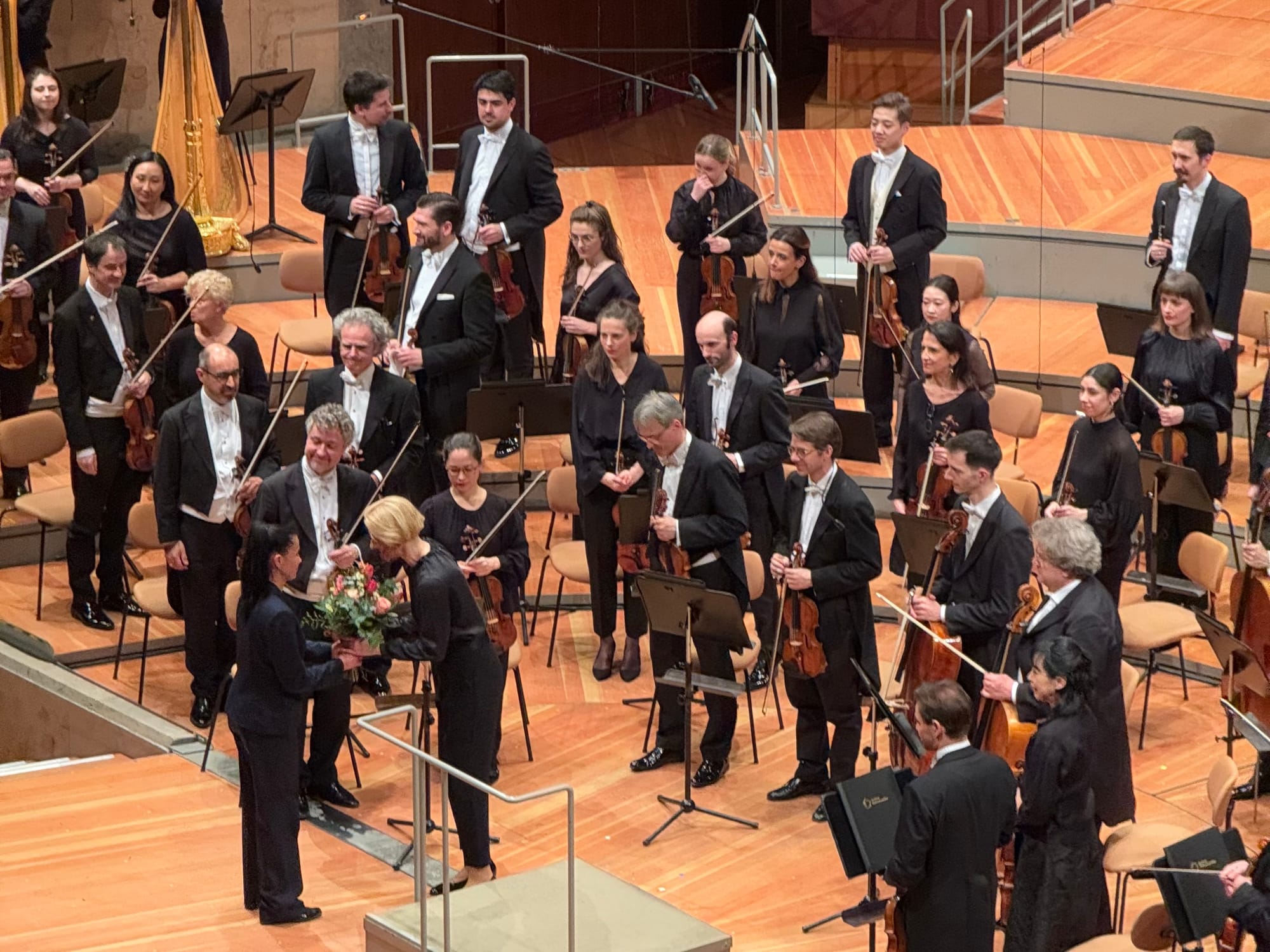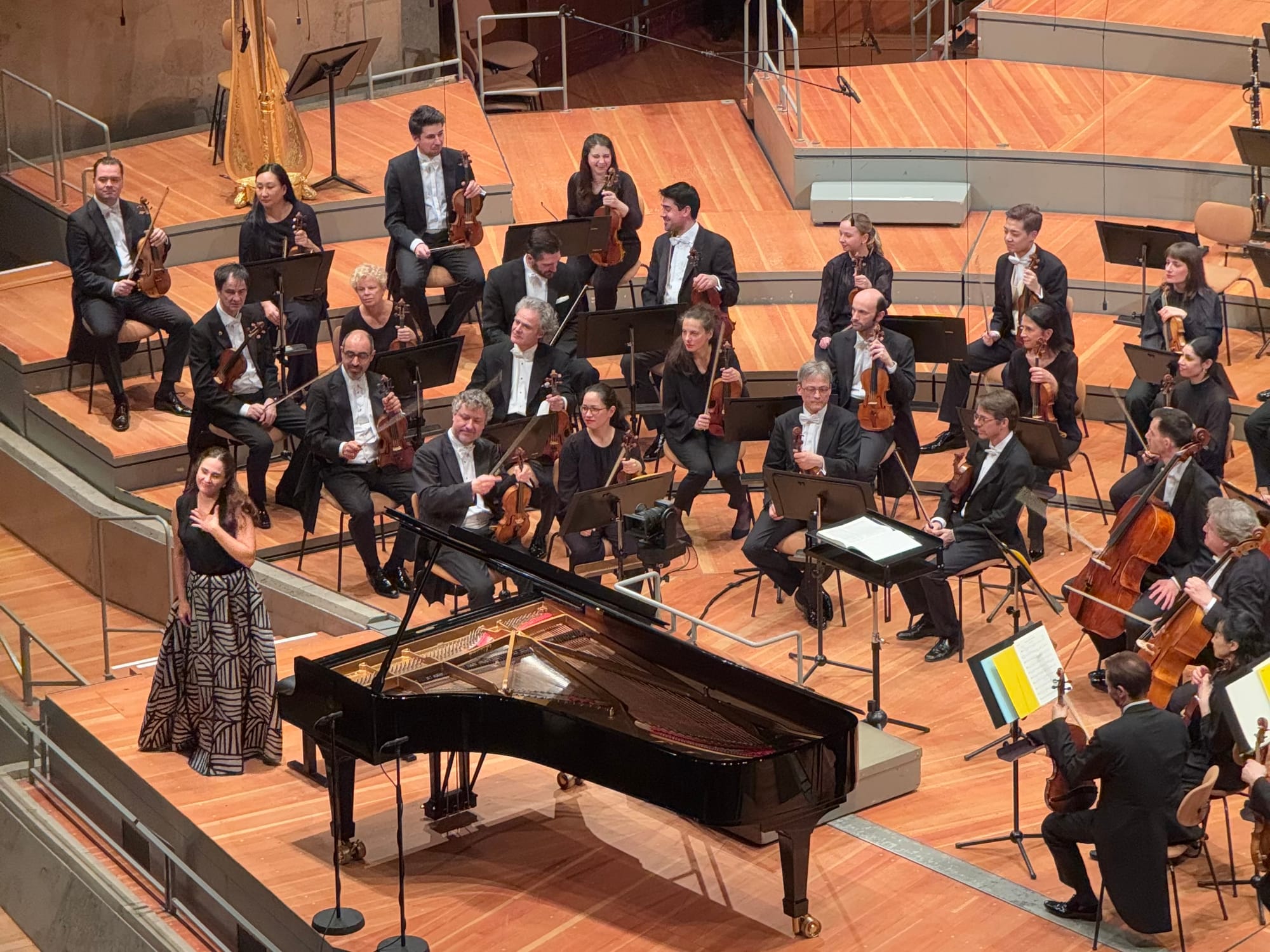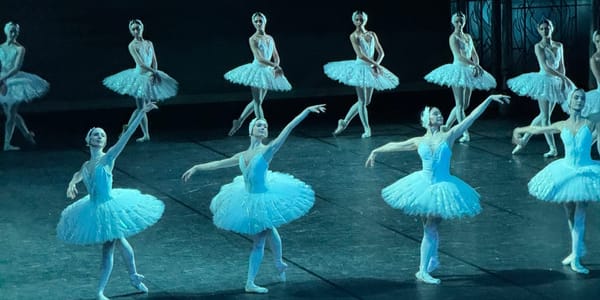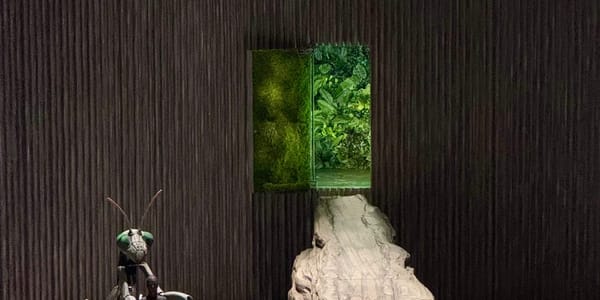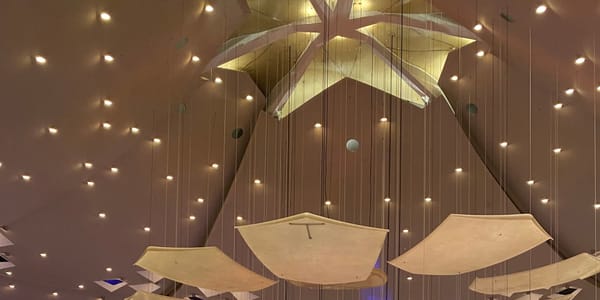International Women's Day at the Berlin Phil with Joana Mallwitz and Anna Vinnitskaya
This program, led by one of the most exciting conductors of our time, is a brilliant reminder that classical music, far from being detached from the world, can be one of its sharpest reflections.
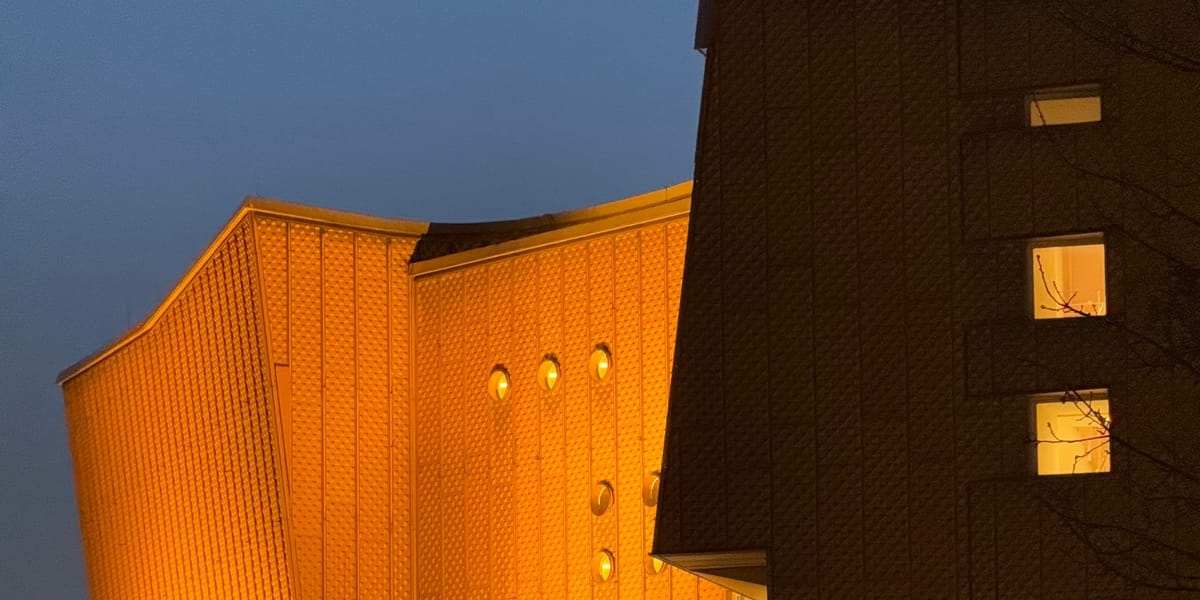
⭐️⭐️⭐️/4
🎻 Joana Mallwitz, Anna Vinnitskaya, Berliner Philharmoniker
🎶 Prokofiev, Rachmaninov, Hindemith, Ravel
🏛️ Philharmonie Berlin
🗓️ 08.03.2025
Concert halls may seem like places of tradition, but they have always been spaces where artistic choices reflect the world beyond their walls. Joana Mallwitz’s debut with the Berliner Philharmoniker was one such moment: a concert that, beyond its sheer musical brilliance, carried an undeniable political resonance.
Attending this performance on International Women’s Day (or as we say in Germany: feministischer Kampftag) therefore felt significant. Mallwitz, the youngest chief conductor in Berlin and the first woman to lead a major Berlin orchestra, has already made a remarkable impact on the Konzerthausorchester. And at the helm of Rachmaninov’s notoriously demanding PIANO CONCERTO NO. 3 was Russian-born, Hamburg-based pianist Anna Vinnitskaya—two immensely talented women leading a program that was received with immense enthusiasm by a sold-out house. Understandably so: Rach 3 is a virtuosic beast, and Vinnitskaya’s performance captured both its technical brilliance and its depth of expression.
Beyond the extraordinary musicianship on display, the program itself was packed with political messaging. It opened with the overture from Prokofiev’s WAR AND PEACE, an opera in which the composer intertwines personal struggles with the sweeping forces of history. The overture, though brief, carries a sense of heroism laced with the grim reality of war. With the Rheinmetall market cap at an all-time high, this overture now seems more like a somber omen.
Paul Hindemith’s MATHIS DER MALER Symphony followed, a work rooted in the anti-fascist resistance of the 1930s. Inspired by Matthias Grünewald’s Isenheim Altarpiece, the symphony echoes the artistic defiance of a generation that opposed the rise of Nazism. Its three movements mirror the altarpiece’s panels—struggle, suffering, and redemption—creating a deeply evocative political statement within the orchestral landscape.
The concert concluded with Ravel’s LA VALSE, a piece that twists the elegance of the traditional waltz into a feverish, spiraling collapse. A reflection on the decline of an era, it transforms from opulence into something almost apocalyptic. I don’t think I need to spell out its relevance to contemporary geopolitical developments.
Everything is political—whether we acknowledge it or not. And this program, led by one of the most exciting conductors of our time, brilliantly reminds us that classical music, far from being detached from the world, can be one of its sharpest reflections. I want to end with a hopeful outlook: this concert was also a testament to social progress. It wasn't until 1982 that a woman–Madeleine Carruzzo–joined the Berlin Phil as full-time member. And now, a little over a generation later, a sold-out Philharmonie witnessed two women leading an evening of music that was both technically thrilling and highly topical. A much-needed reminder that, indeed, things do get better. Progress may not always be linear, but in moments like these, it feels undeniable.
